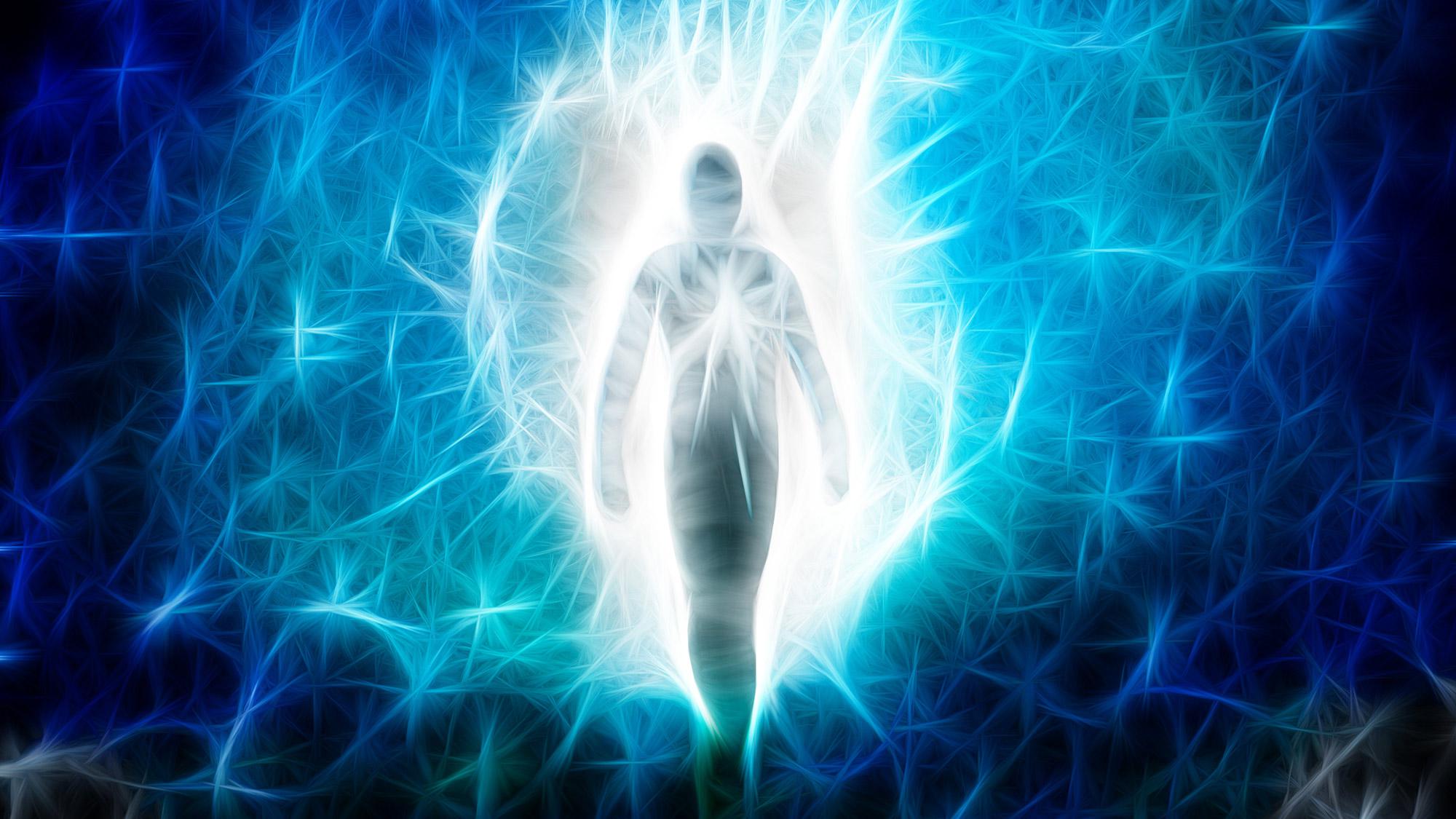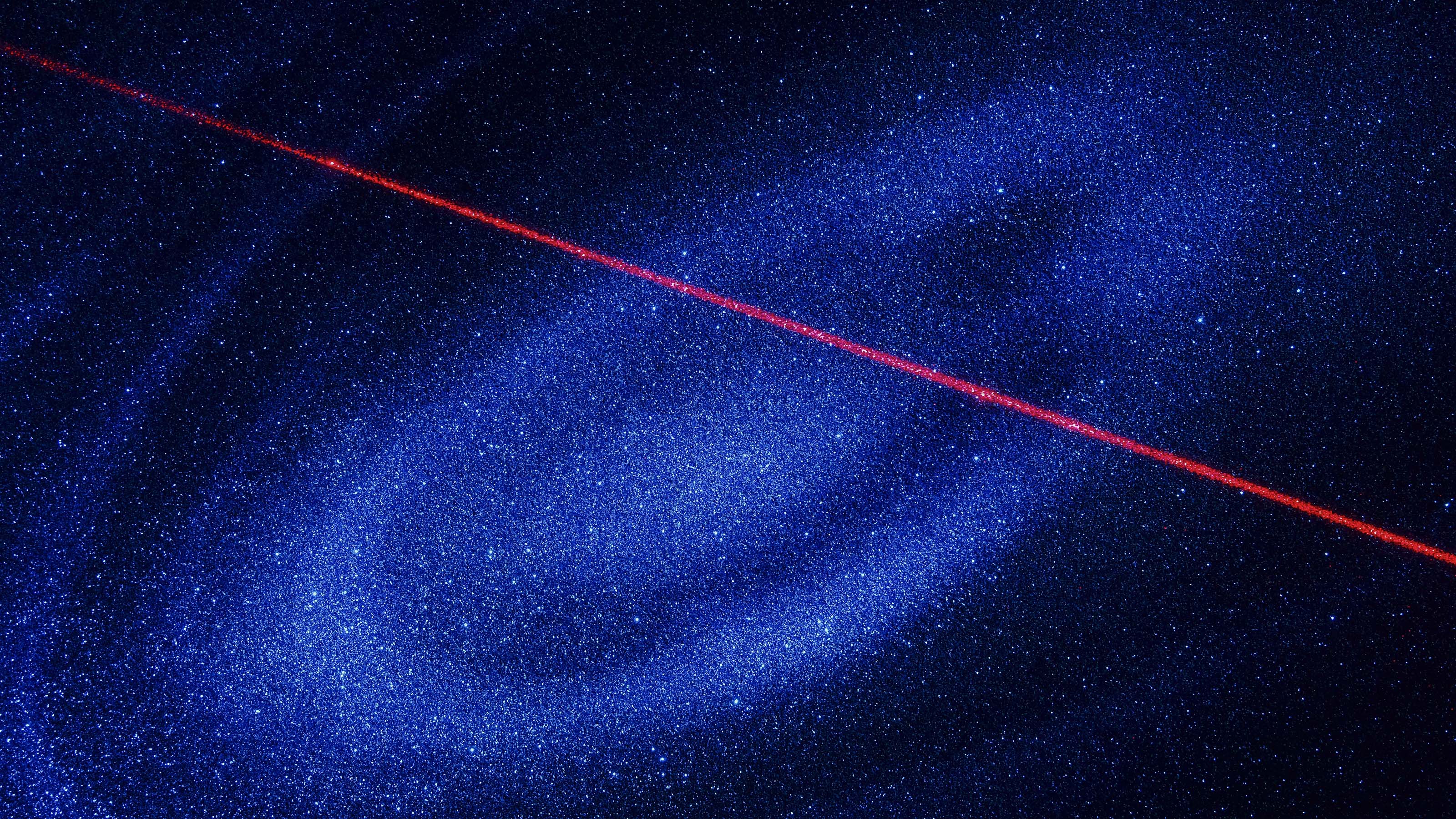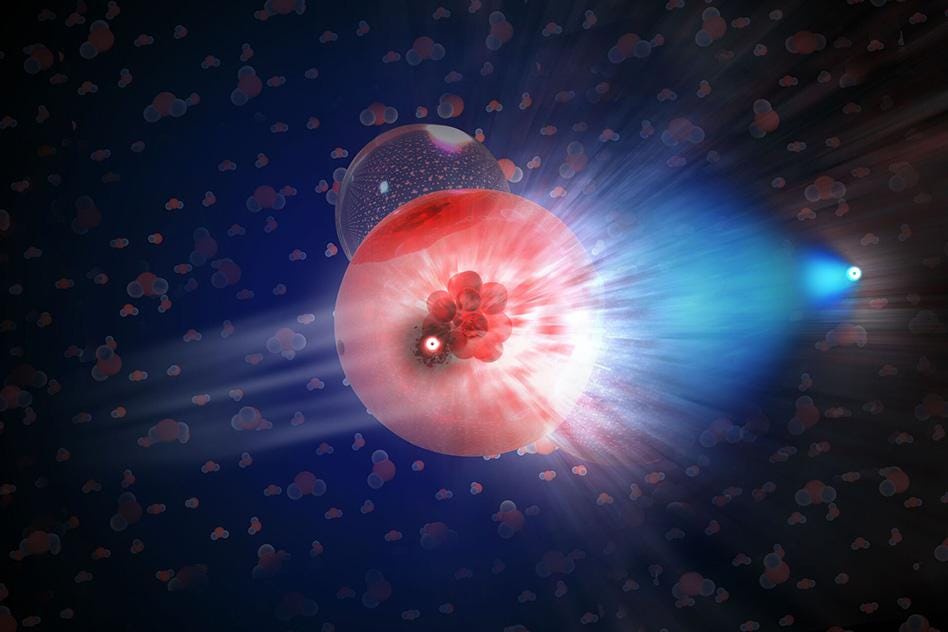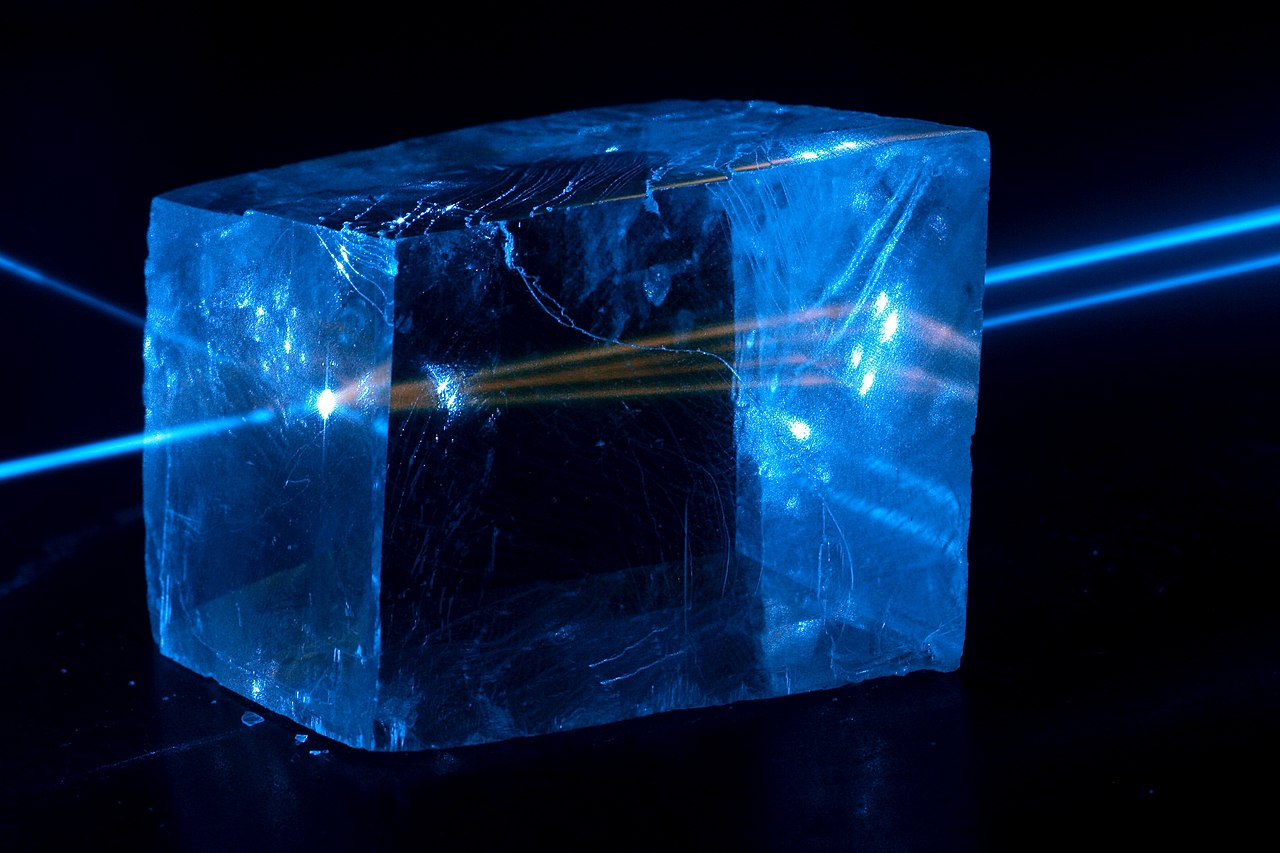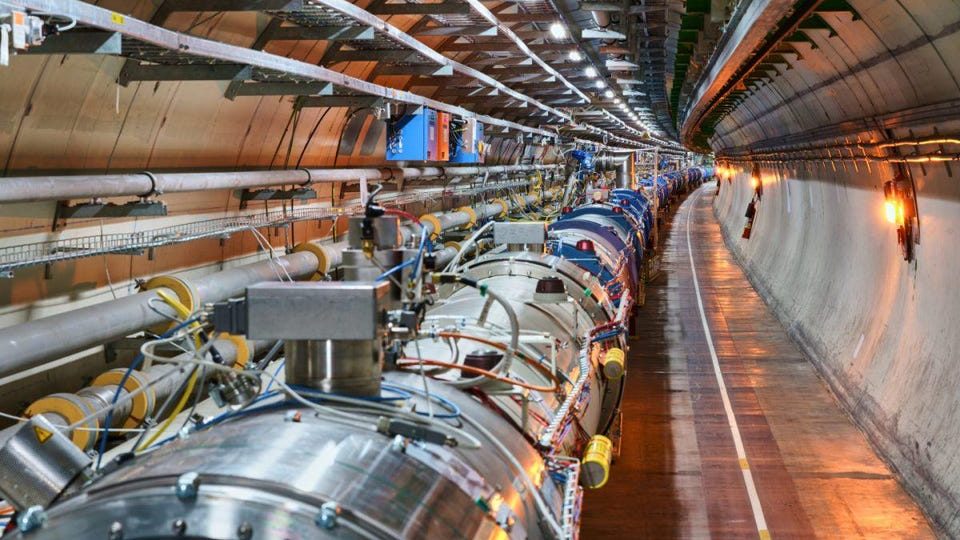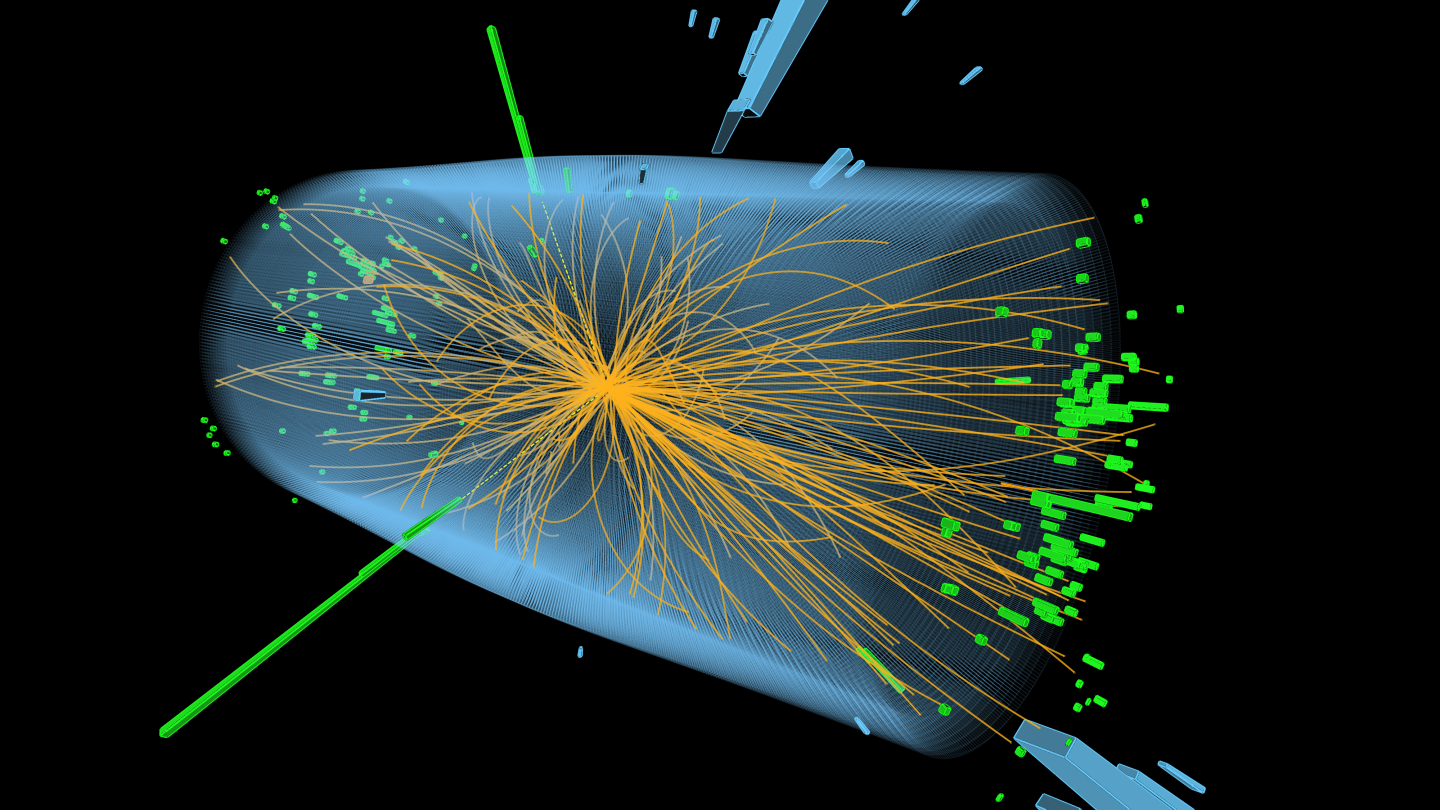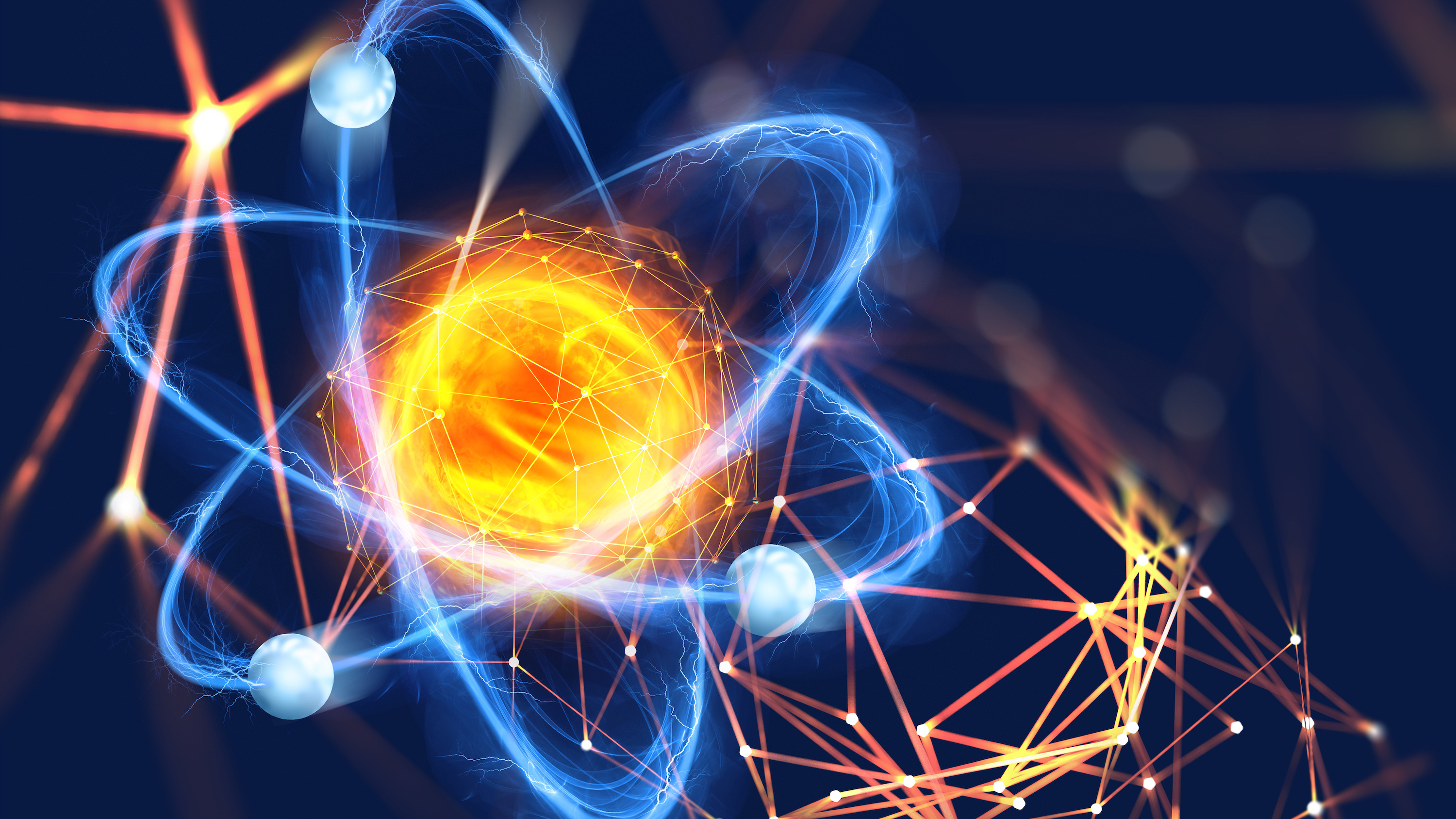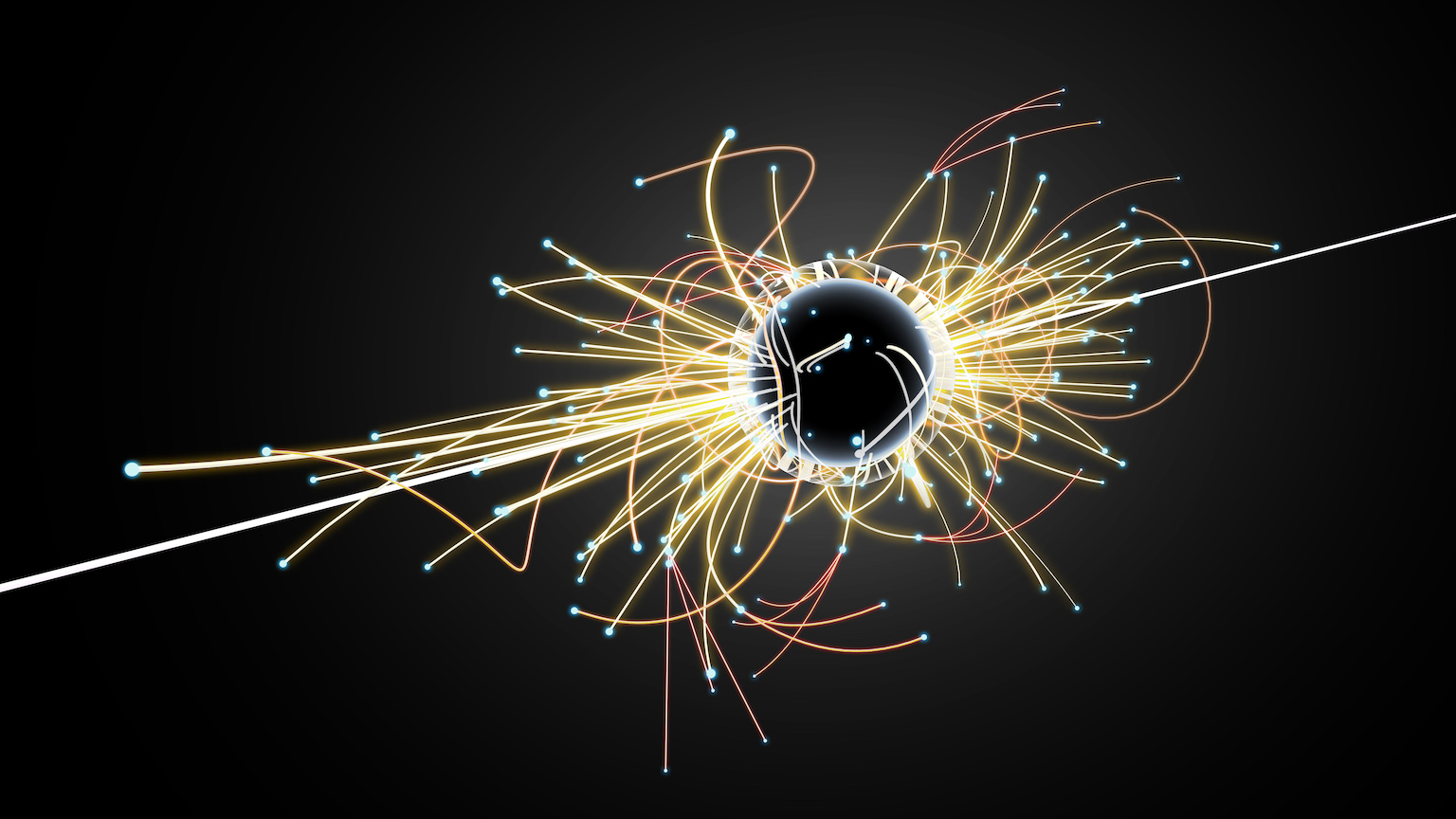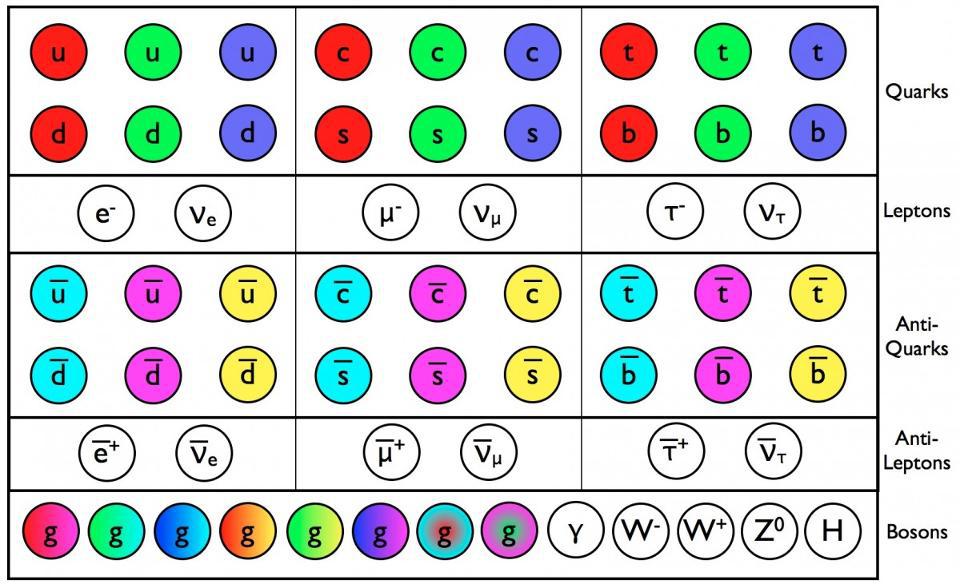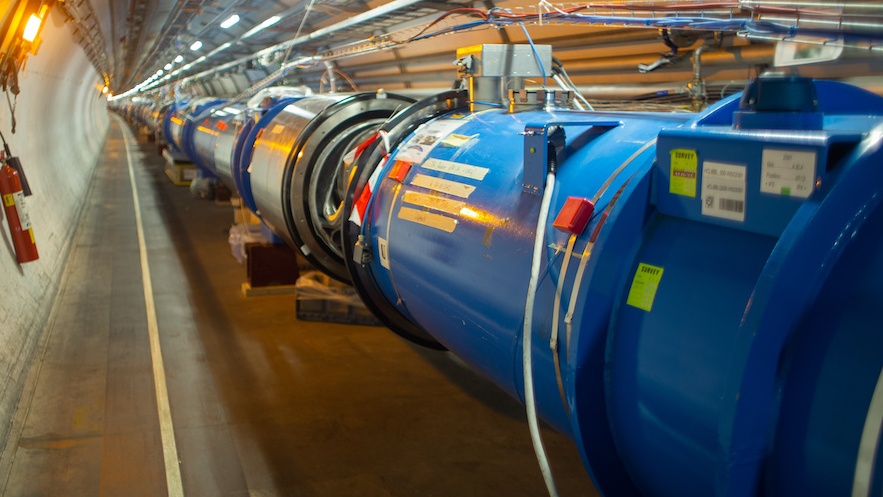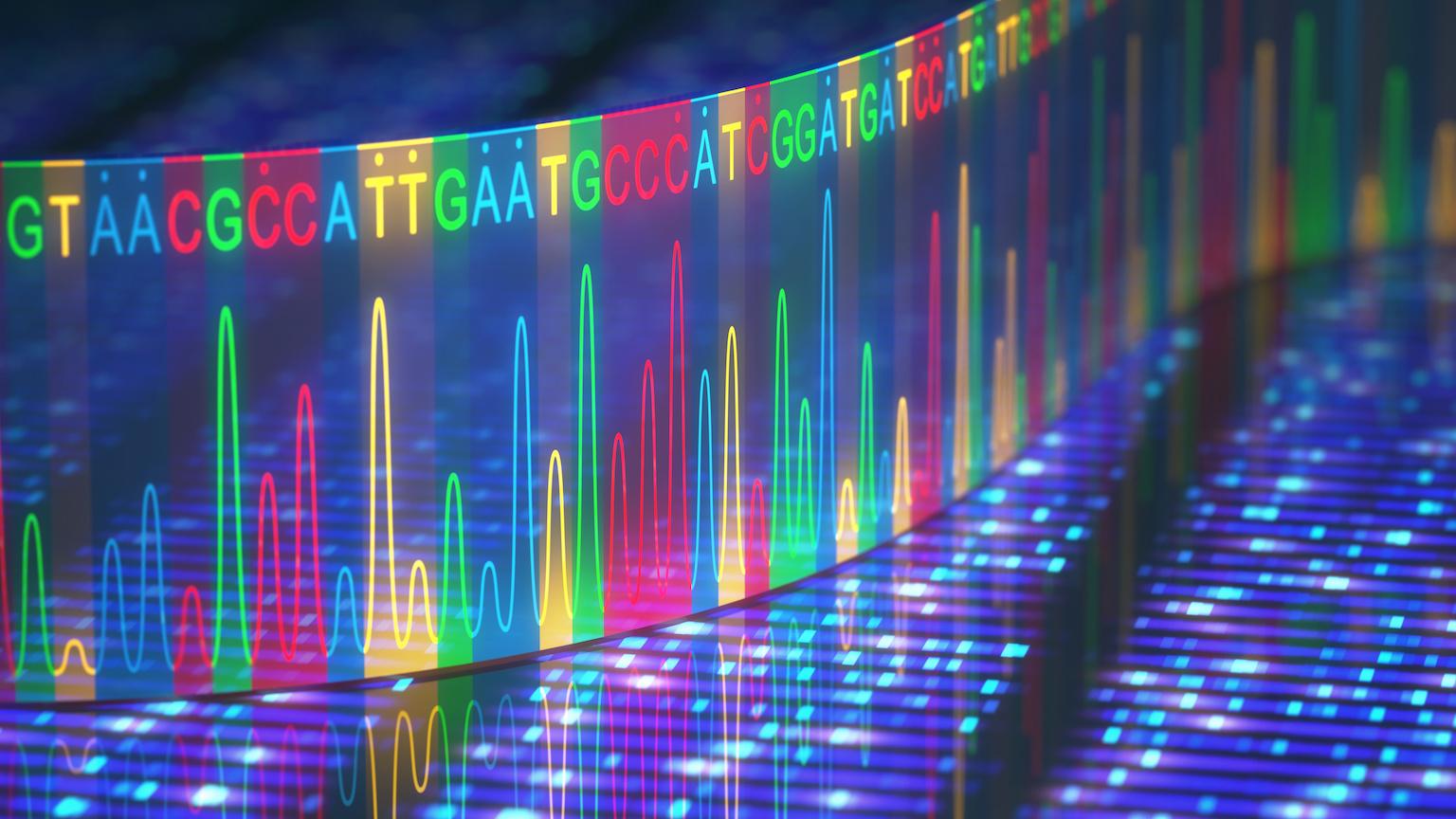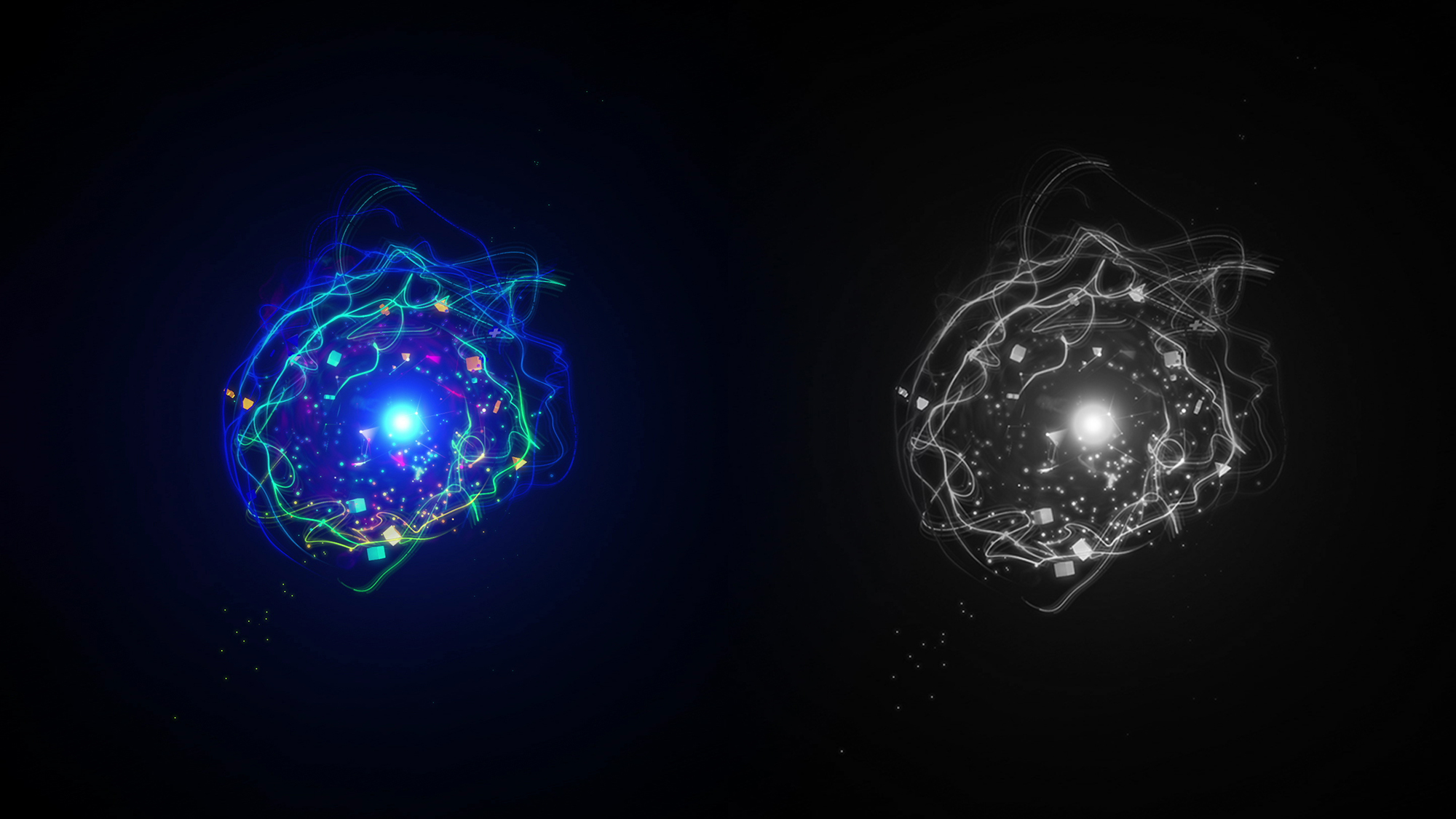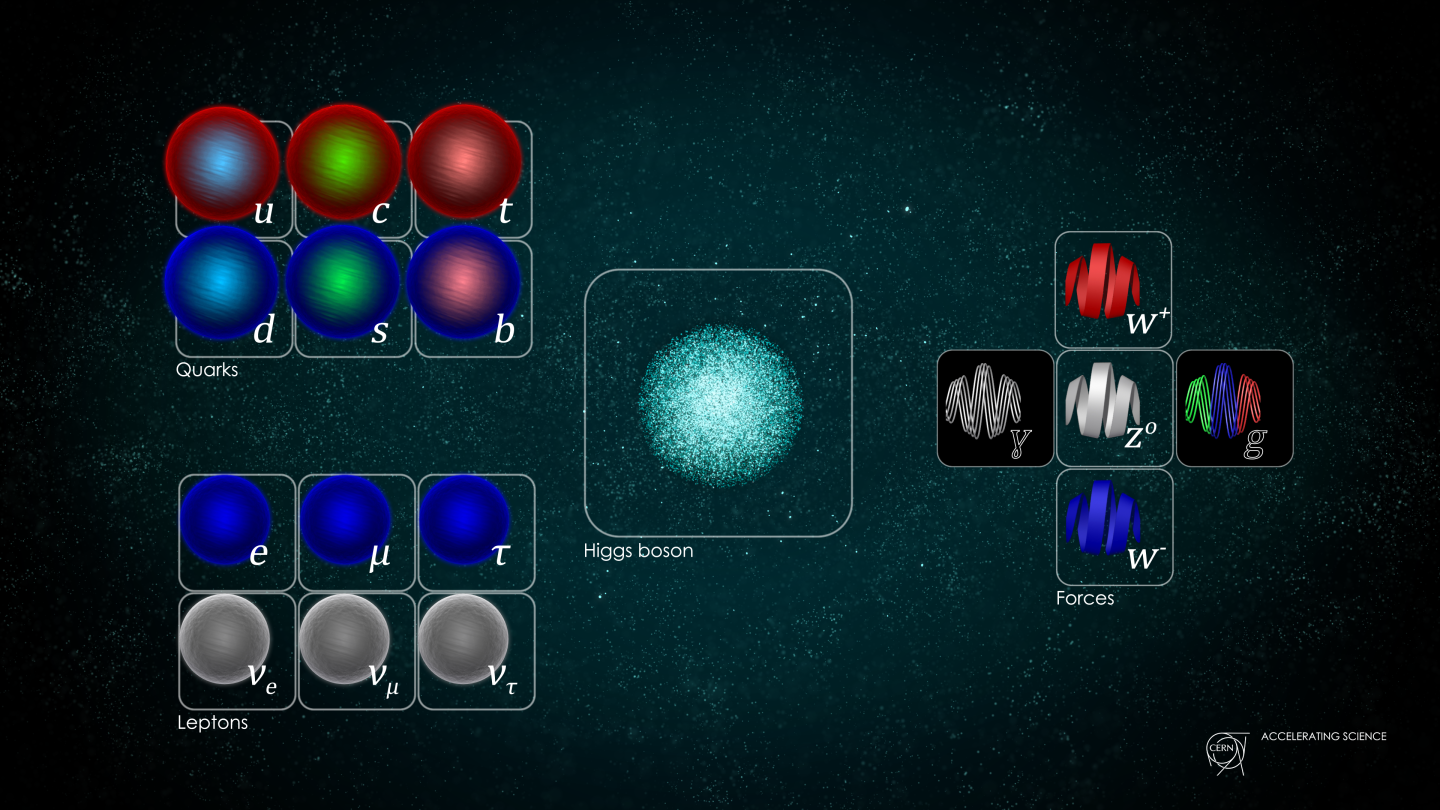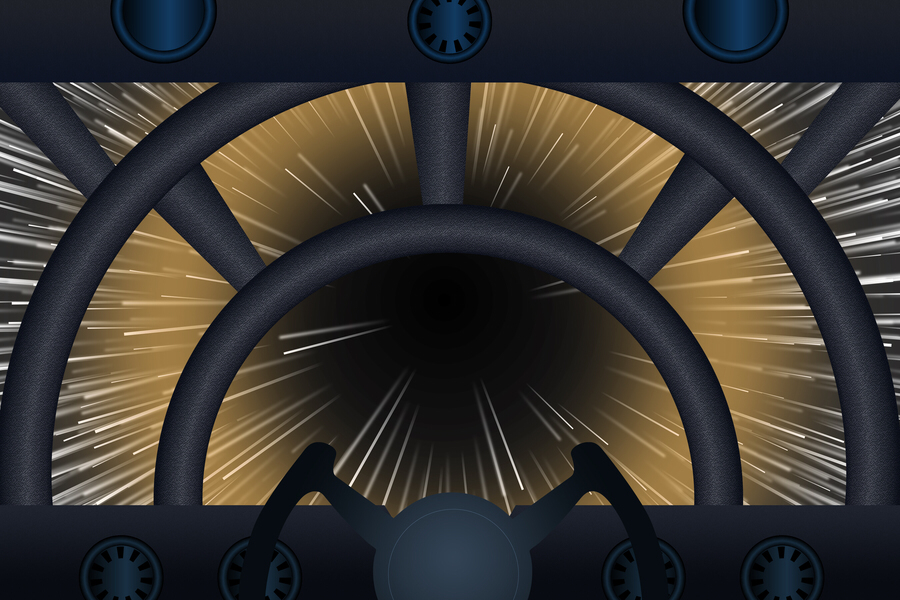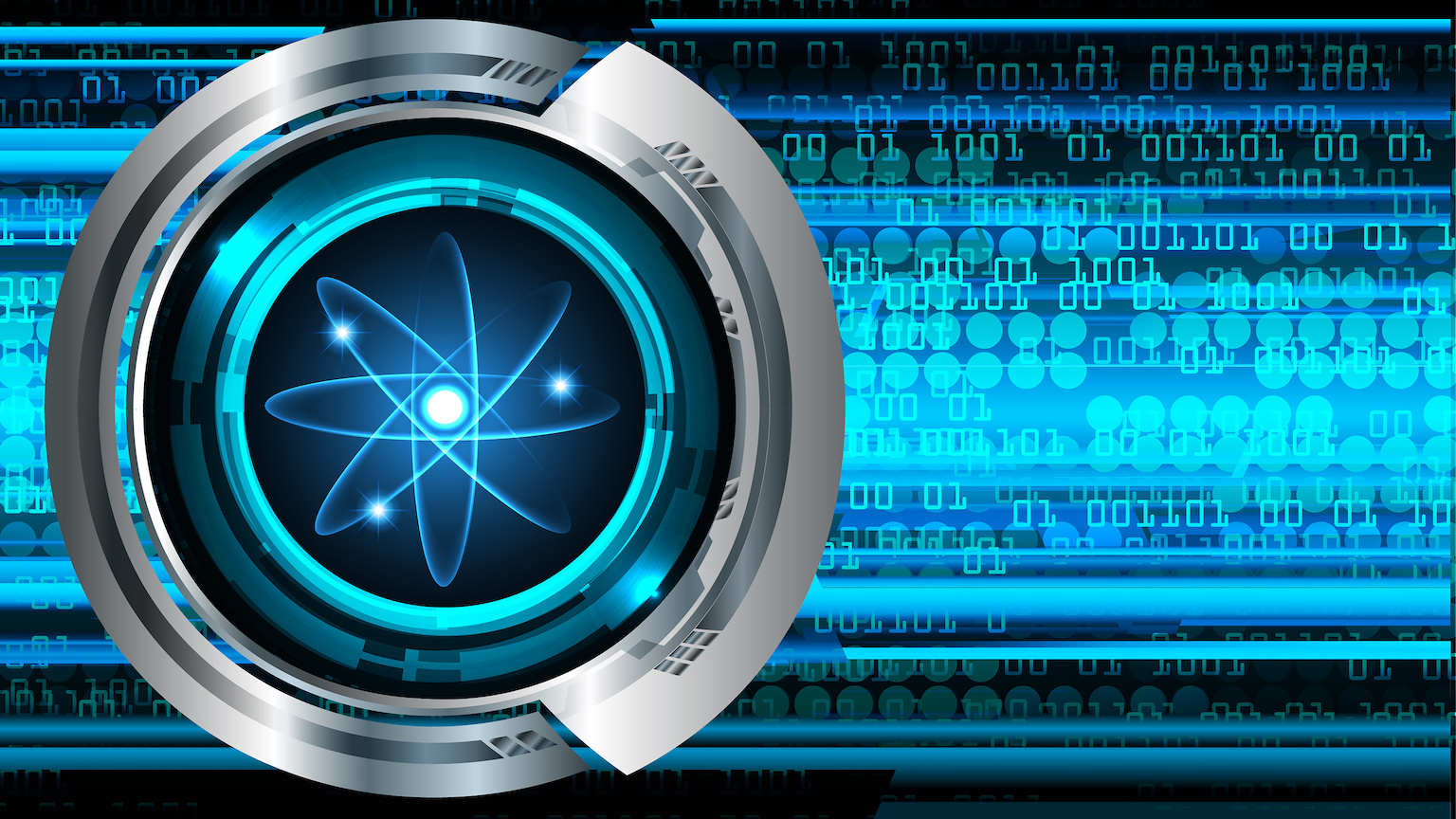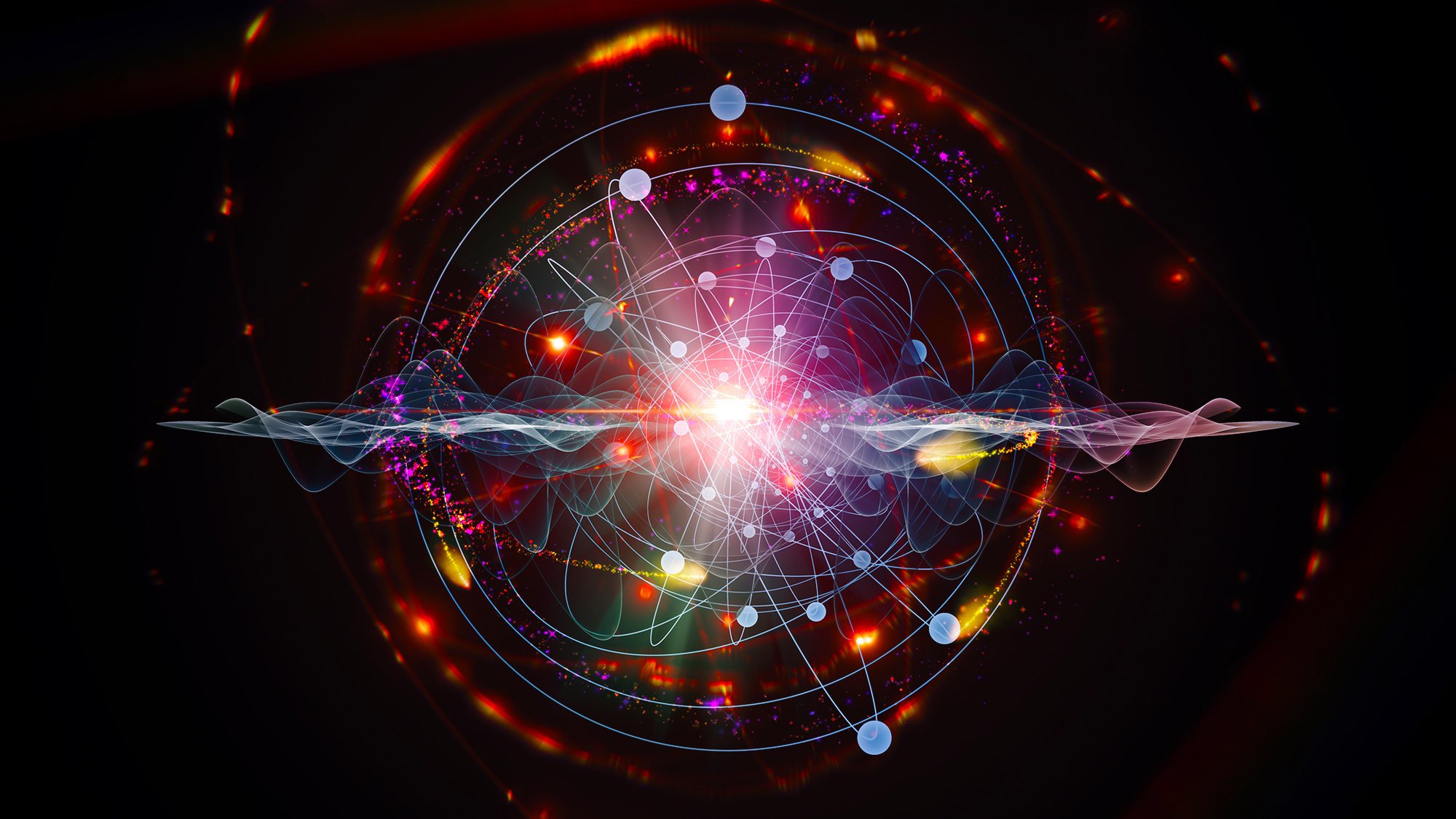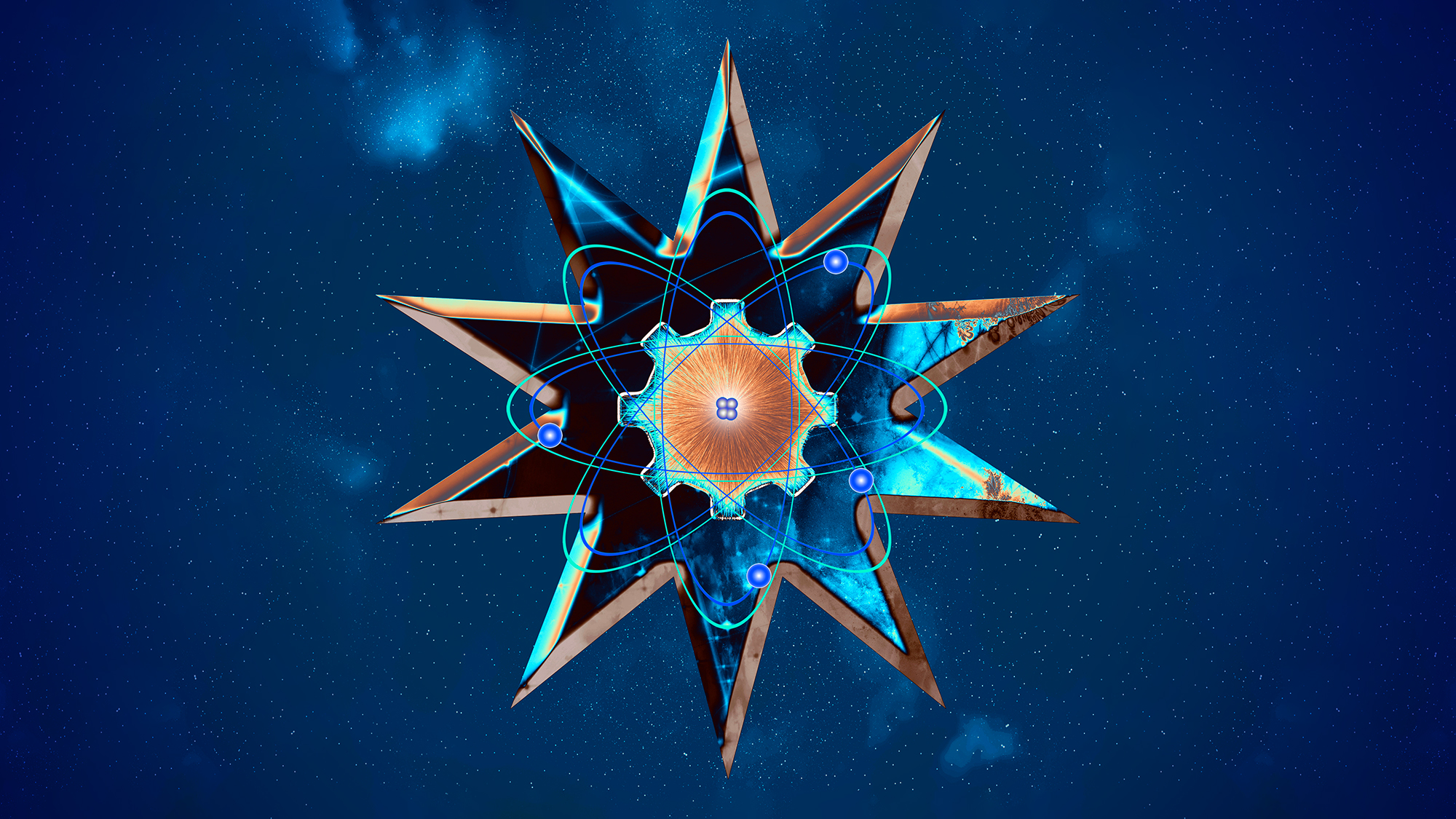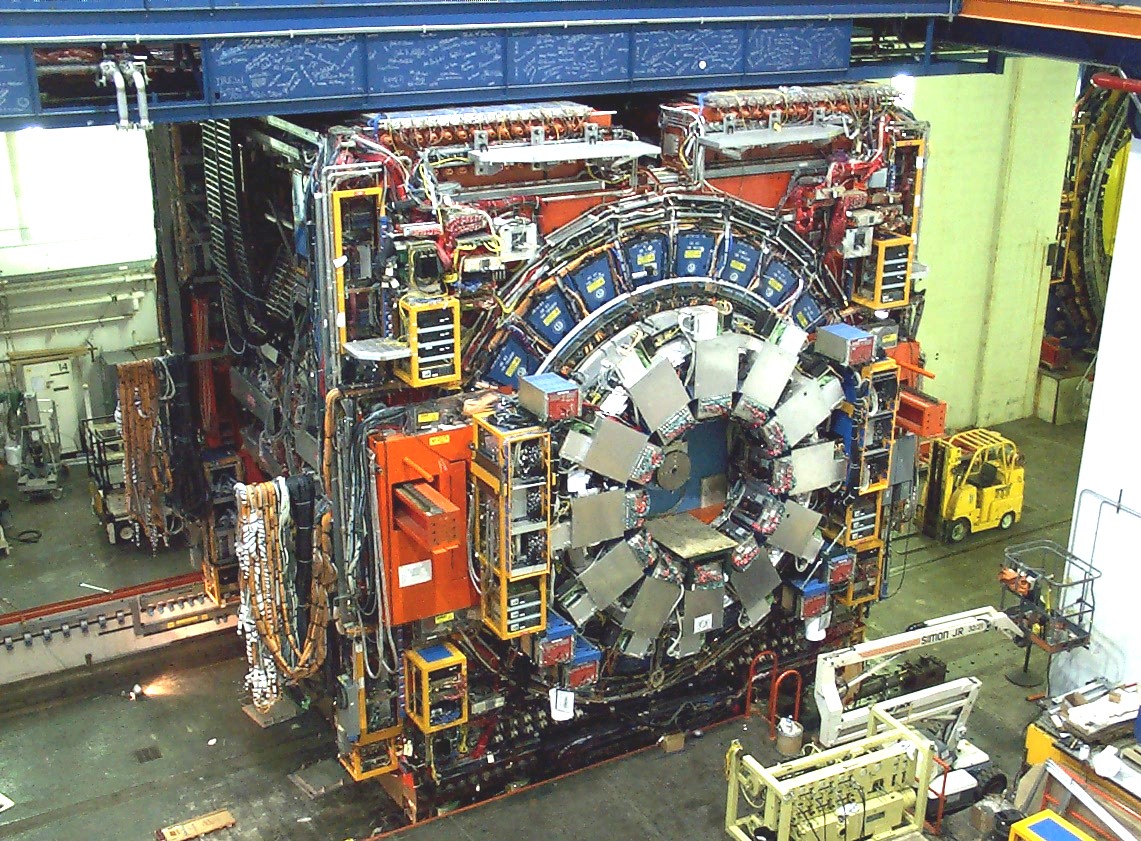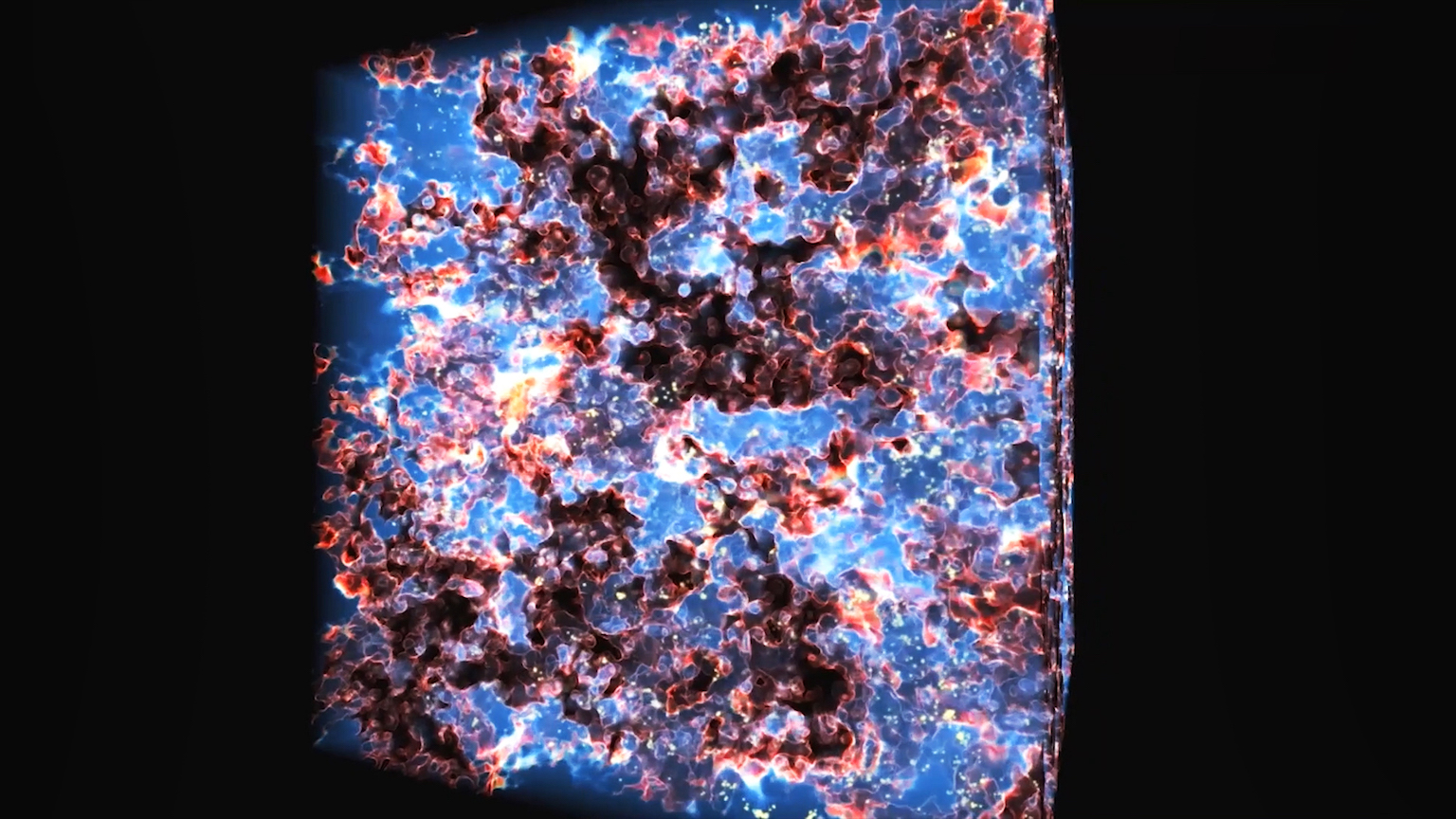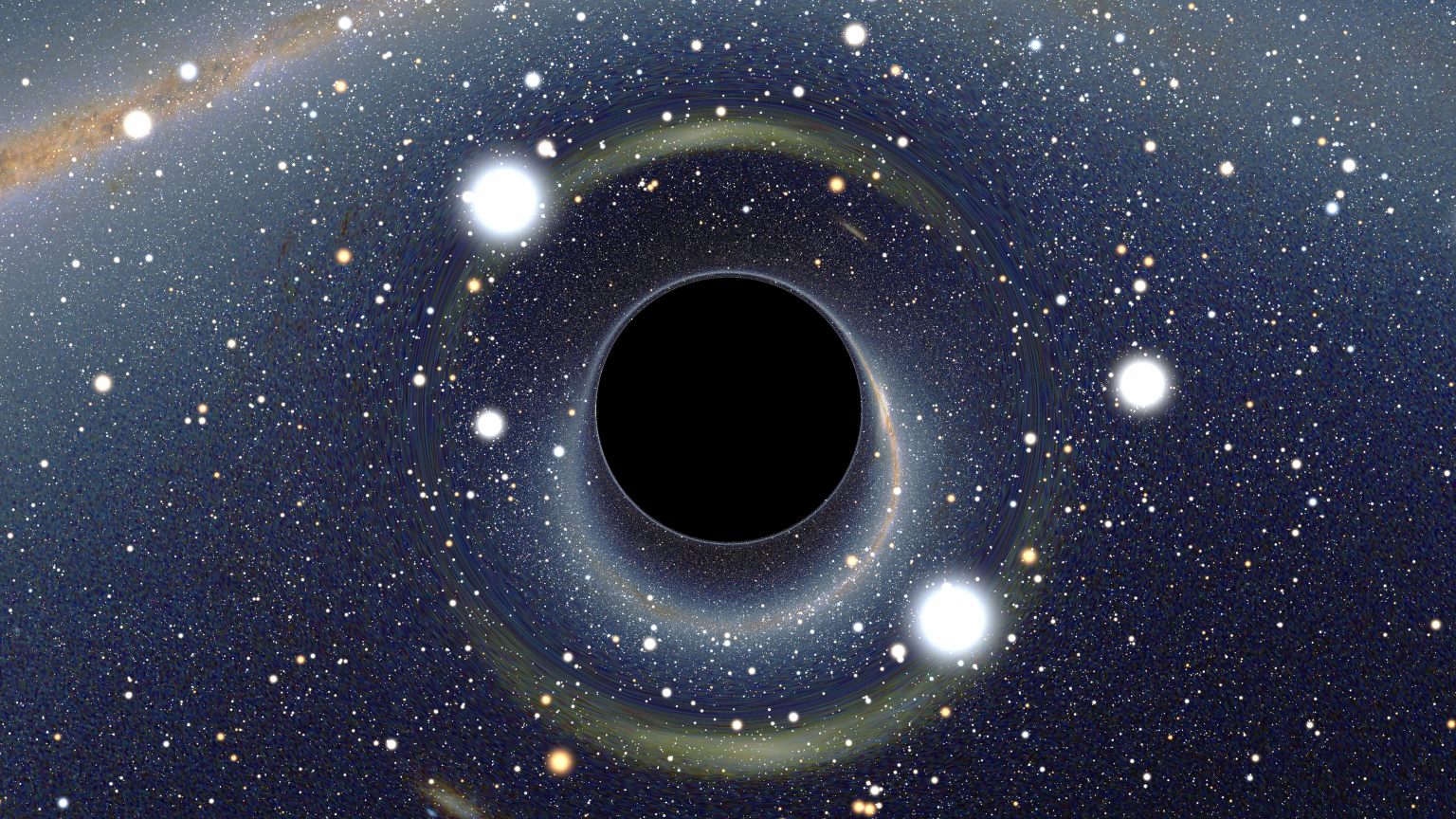particle physics
The whole isn’t greater than the sum of its parts; that’s a flaw in our thinking. Non-reductionism requires magic, not merely science.
Lasers are all around you. This ubiquitous technology came from our understanding of quantum physics.
Searching for dark matter, the XENON collaboration found absolutely nothing out of the ordinary. Here’s why that’s an extraordinary feat.
There’s a speed limit to the Universe: the speed of light in a vacuum. Want to beat the speed of light? Try going through a medium!
Scientists have found three new examples of a very exotic form of matter made of quarks. They can yield insights into the early Universe.
The neutrino is the most ghostly, rarely-interacting particle in all the Standard Model. How well can we truly make “beams” out of them?
The way to understand the earliest moments of creation is to recreate those conditions and study them. Why would we stop now?
On July 4, we celebrate the tenth anniversary of the discovery of the Higgs boson, the missing piece of the Standard Model of particle physics.
Experiments cannot confirm what theory predicts about neutrinos. And particle physicists have no idea why.
Giant particle accelerators aren’t a waste of money. They are essential for understanding the Universe.
The Standard Model of elementary particles has three nearly identical copies of particles: generations. And nobody knows why.
A next-generation LHC++ could cost $100 billion. Here’s why such a machine could end up being a massive waste of money.
The spooky world of quantum mechanics might reach out and touch you — by mutating your DNA. Welcome to the weird world of quantum biology.
Smashing things together at unprecedented energies sounds dangerous. But it’s nothing the Universe hasn’t already seen, and survived.
Humans who’ve lived through the same events often remember them differently. Could quantum physics be responsible?
Do the laws of physics place a hard limit on how far technology can advance, or can we re-write those laws?
Equations that describe time travel are fully compatible and consistent with relativity — but physics is not mathematics.
The Standard Model may or may not be in trouble, but particle physics definitely needs saving. Here’s what the new LHC can do.
Could we finally detect the elusive Unruh effect?
Extremely precise atomic clocks are not just of theoretical interest; they could help detect impending volcanic eruptions or melting glaciers.
Every timekeeping device works via a version of a pendulum — even the atomic clocks that are accurate to nanoseconds.
Realism in science cannot be completely unmoored from human experience. Otherwise, realism ends up tortured with unreal paradoxes.
How efficiently could quantum engines operate?
Fermilab’s TeVatron just released the best mass measurement of the W-boson, ever. Here’s what doesn’t add up.
The relationship between these two ways of thinking about the world deserves deeper exploration.
The James Webb Space Telescope could help scientists learn about the cosmic dark ages and how they ended.
Astronomers used supercomputers and an international network of antennas to create the stunning map.
We cannot deduce laws about a higher level of complexity by starting with a lower level of complexity. Here, reductionism meets a brick wall.
The rhetorical fallout is greater than the radioactive fallout.
